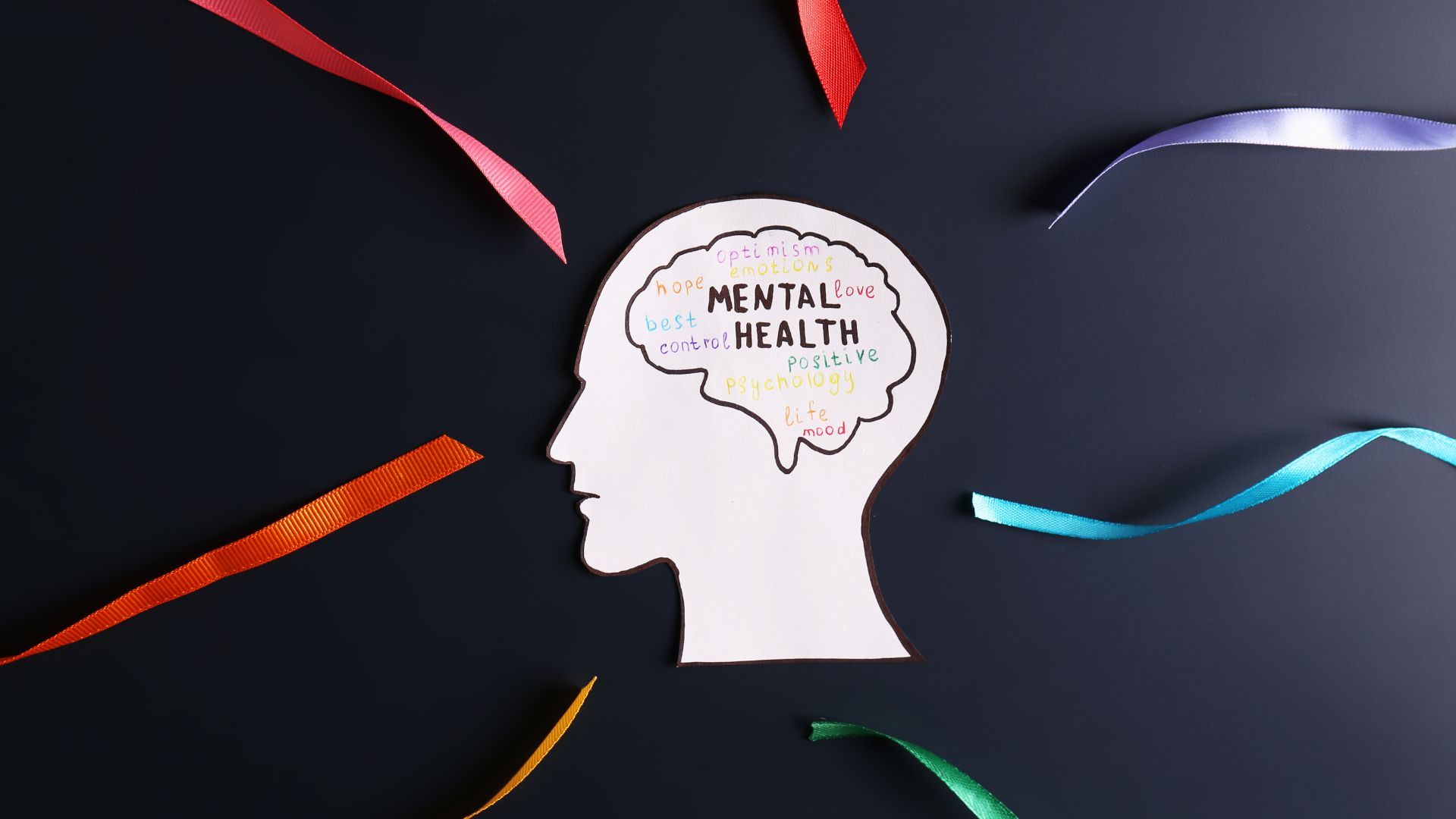Introduction
In today’s fast-paced world, mental health often takes a backseat to work, responsibilities, and daily stressors. However, just like physical health, mental well-being is crucial for a fulfilling life. Poor mental health can lead to burnout, anxiety, depression, and even physical illnesses. The good news? Simple self-care practices can make a big difference.
This blog explores why mental health matters, daily habits to improve it, and when to seek professional help.
Why Mental Health Matters
Mental health affects every aspect of our lives, including:
- Emotional well-being – How we handle stress, relationships, and emotions.
- Physical health – Chronic stress weakens the immune system and increases risks of heart disease.
- Productivity – Poor mental health leads to fatigue, lack of focus, and reduced performance.
- Quality of life – Happiness, resilience, and life satisfaction depend on mental wellness.
Ignoring mental health can lead to long-term consequences, making self-care a necessity, not a luxury.
Simple Self-Care Habits for Better Mental Health
1. Practice Mindfulness & Meditation
- What it does: Reduces stress, improves focus, and promotes emotional balance.
- How to start:
- Spend 5-10 minutes daily focusing on your breath.
- Use apps like Headspace or Calm for guided sessions.
2. Journal Your Thoughts
- What it does: Helps process emotions, reduces anxiety, and improves self-awareness.
- How to start:
- Write down 3 things you’re grateful for each day.
- Express worries in a journal to release pent-up emotions.
3. Take a Digital Detox
- What it does: Reduces stress from constant notifications and social media comparisons.
- How to start:
- Set “no-phone” hours before bed and during meals.
- Unfollow accounts that trigger negativity.
4. Stay Physically Active
- What it does: Exercise releases endorphins, which naturally boost mood.
- How to start:
- Walk for 20-30 minutes daily.
- Try yoga or dancing for mental and physical benefits.
5. Connect with Loved Ones
- What it does: Social support reduces feelings of loneliness and depression.
- How to start:
- Schedule regular calls or meetups with friends/family.
- Join clubs or communities with shared interests.
Signs You May Need Professional Help
While self-care helps, some situations require expert support. Seek help if you experience:
✔ Persistent sadness or hopelessness
✔ Extreme mood swings
✔ Difficulty functioning at work/school
✔ Withdrawal from social interactions
✔ Thoughts of self-harm
Resources for Help:
- Therapists/Counselors (check Psychology Today for local listings)
- Helplines (e.g., National Suicide Prevention Lifeline)
- Online therapy platforms (BetterHelp, Talkspace)
Final Thoughts
Mental health is the foundation of a happy, balanced life. By incorporating small self-care habits daily, you can build resilience, reduce stress, and improve overall well-being. Remember, seeking help is a sign of strength, not weakness.





